Howka sisters and brothers.. as we all know violence against Native Women is very high. I wanted to post a few websites that discuss the issue as well as show posters of some missing sisters.
http://www.amnesty.ca/campaigns/sisters_overview.php
http://indiancountrynews.net/index.php?option=com_content&task=category§ionid=36&id=183&Itemid=117
How many Sisters do we have to lose?
Helen Betty Osborne was a 19-year-old Cree student from northern Manitoba. She dreamed of becoming a teacher. On November 12, 1971, four white men abducted her from the streets of The Pas. She was sexually assaulted and brutally murdered. A judge said later:
... the men who abducted Osborne believed that young Aboriginal women were objects with no human value beyond sexual gratification ... Betty Osborne would be alive today had she not been an Aboriginal woman.
The murder of Helen Betty Osborne – and her family’s long search for justice – is one of the nine stories of missing and murdered Indigenous women and girls told in Stolen Sisters: Discrimination and Violence against Indigenous Women in Canada, a report by Amnesty International.
These stories represent just part of the terror and suffering that has been inflicted on Indigenous or Aboriginal women and their families across Canada.
This violence can be stopped. But only if Canadian officials take concerted action to protect the lives of First Nations, Inuit and Métis women and girls.
On March 25, 2003 – three decades after the murder of Helen Betty Osborne – her 16-year-old cousin, Felicia Solomon, went missing in Winnipeg. The first posters seeking information on her disappearance were distributed by her family, not the police. Parts of her body were found three months later.
Lives at risk
According to a Canadian government statistic, young Indigenous women are five times more likely than other women of the same age to die as the result of violence.
Indigenous women have long struggled to draw attention to violence within their own families and communities. Canadian police and public officials have also long been aware of a pattern of racist violence against Indigenous women in Canadian cities – but have done little to prevent it.
The pattern looks like this:
Racist and sexist stereotypes deny the dignity and worth of Indigenous women, encouraging some men to feel they can get away with acts of hatred against them.
Decades of government policy have impoverished and broken apart Indigenous families and communities, leaving many Indigenous women and girls extremely vulnerable to exploitation and attack.
Many police forces have failed to institute necessary measures – such as training, protocols and accountability mechanisms – to ensure that officers understand and respect the Indigenous communities they serve. Without such measures, police too often fail to do all they can to ensure the safety of Indigenous women and girls whose lives are in danger.
No excuse for government inaction
There is no excuse for government inaction. In fact, many of the steps needed to ensure the safety and well-being of Indigenous women have already been identified by government inquiries – including the inquiry into the murder of Helen Betty Osborne.
All levels of government should work closely with Indigenous women’s organizations to develop a comprehensive and coordinated programme of action to stop violence against Indigenous women. Immediate action should be taken to implement a number of long overdue reforms, including:
Institute measures to ensure that police thoroughly investigate all reports of missing women and girls
Provide adequate, stable funding to the frontline organizations that provide culturally-appropriate services such as shelter, support and counselling to help Indigenous women and girls escape from harm’s way
“When will the Canadian government finally recognize the real dangers faced by Indigenous women?” asks Darlene Osborne, a relative of Felicia Solomon and Helen Betty Osborne. “Families like mine all over Canada are wondering how many more sisters and daughters we have to lose before real government action is taken.”
A message from Tantoo Cardinal
"There are intensely wound layers of sexism and racism that are at the root of countless acts of violence against Aboriginal women and at the root of inaction to protect and advocate for Aboriginal women.
My prayers are with the stolen sisters and their families. It is my honour to acknowledge the Stolen Sisters report. All our efforts will work towards a safer future for our daughters and granddaughters."
For more information on this report, please contact info@amnesty.ca
Wednesday, October 6, 2010
ABUSE AGAINST NATIVE WOMEN
Posted by
Karen Vigneault Librarian
at
8:38 AM
![]()
Subscribe to:
Post Comments (Atom)


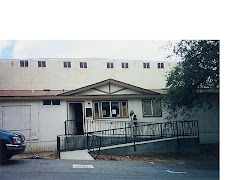

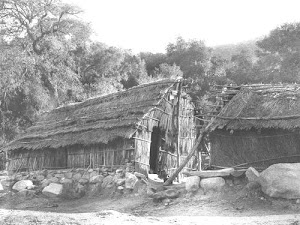


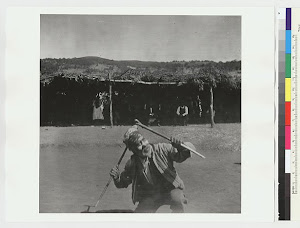

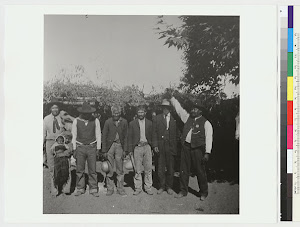


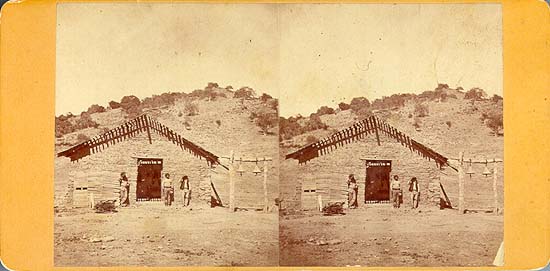
No comments:
Post a Comment